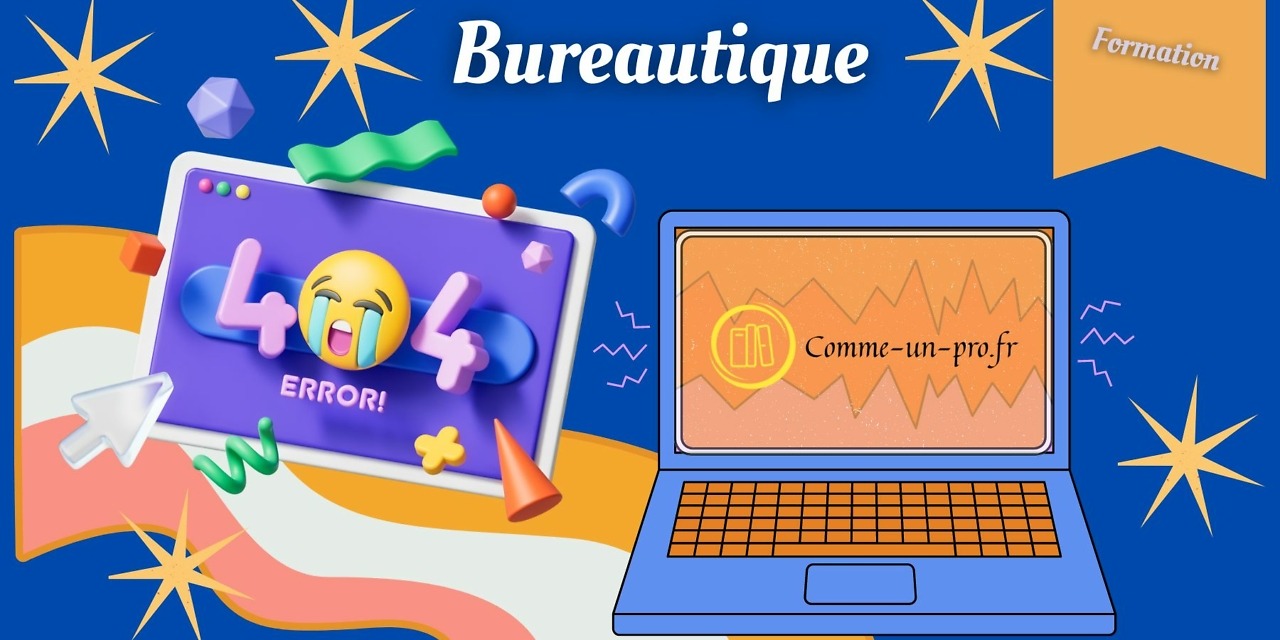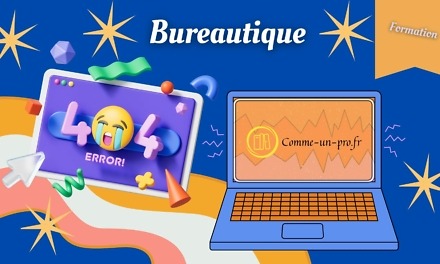The critical importance of effective email management
In today's business world, email has become one of the primary means of communication. Every day billions of emails are exchanged containing vital information, updates, requests and more. In this constant flux, effective email management is not only a desirable skill, it is essential.
First of all, a well-organized inbox saves time. Rather than spending precious minutes or even hours searching for a specific email, you can quickly access what you need. This not only improves productivity, but also reduces the stress of a cluttered inbox.
In addition, managing your e-mails effectively reduces the risk of errors or omissions. How many times have we heard of missed opportunities just because an email was overlooked or lost in the flood? By sorting, filing, and responding appropriately, you make sure you don't miss a thing.
In addition, good management of e-mails reinforces your professionalism. Responding to emails promptly and appropriately shows that you are organized, attentive, and respectful of others' communication.
Finally, in an era where data security is paramount, effective email management can also help protect against potential threats, by identifying and properly handling suspicious emails.
In sum, mastering your email management is an essential skill for success in today's professional world.
Optimize your inbox with modern tools
With the steady increase in the volume of emails received each day, it is imperative to have tools and methods to sort and manage these messages. Fortunately, modern email platforms, like Gmail, offer an array of tools to help users optimize their inbox.
One of the most powerful tools is the filter system. By creating custom filters, you can automatically sort incoming emails into specific folders, mark them as read, or even delete them. For example, if you regularly receive newsletters from a certain company, you can create a filter so that these emails are automatically moved to a “Newsletters” folder, allowing you to read them at your convenience without cluttering your inbox main.
Rules, on the other hand, can be used to define specific actions based on specific criteria. You could, for example, set a rule so that all emails containing the word “invoice” are highlighted, ensuring you never miss an important invoice.
Another crucial aspect of email management is the ability to distinguish important emails from less important ones. Today's tools make it possible to “highlight” or “prioritize” certain emails, ensuring they stand out in your inbox.
By using these tools to their full potential, you can turn a chaotic inbox into an organized workspace, where every email has its place, allowing you to work more efficiently and purposefully.
The Impact of Email Management on Business Productivity
The way we manage our emails has a direct impact on our efficiency at work. A disorganized inbox can quickly become a source of stress, distracting us and preventing us from focusing on more important tasks. Conversely, effective email management can greatly improve our productivity and well-being at work.
First, a well-organized inbox allows us to process emails faster. By knowing exactly where to find a specific email, we waste less time searching and can respond more efficiently. Plus, by avoiding inbox clutter, we reduce the risk of missing an important email or crucial deadline.
Then, by regularly sorting our emails and eliminating those that are no longer relevant, we free up mental space. This allows us to focus on more important tasks without being constantly distracted by notifications or the temptation to check our emails.
Finally, good email management reinforces our professionalism. By responding quickly and in an organized manner, we show our colleagues, customers and partners that we are reliable and up to our responsibilities.
In conclusion, effective email management is not just a matter of organization, it is an essential element to maximize our productivity and efficiency at work. Adopting good habits now can have lasting positive impacts on our careers and professional well-being.



